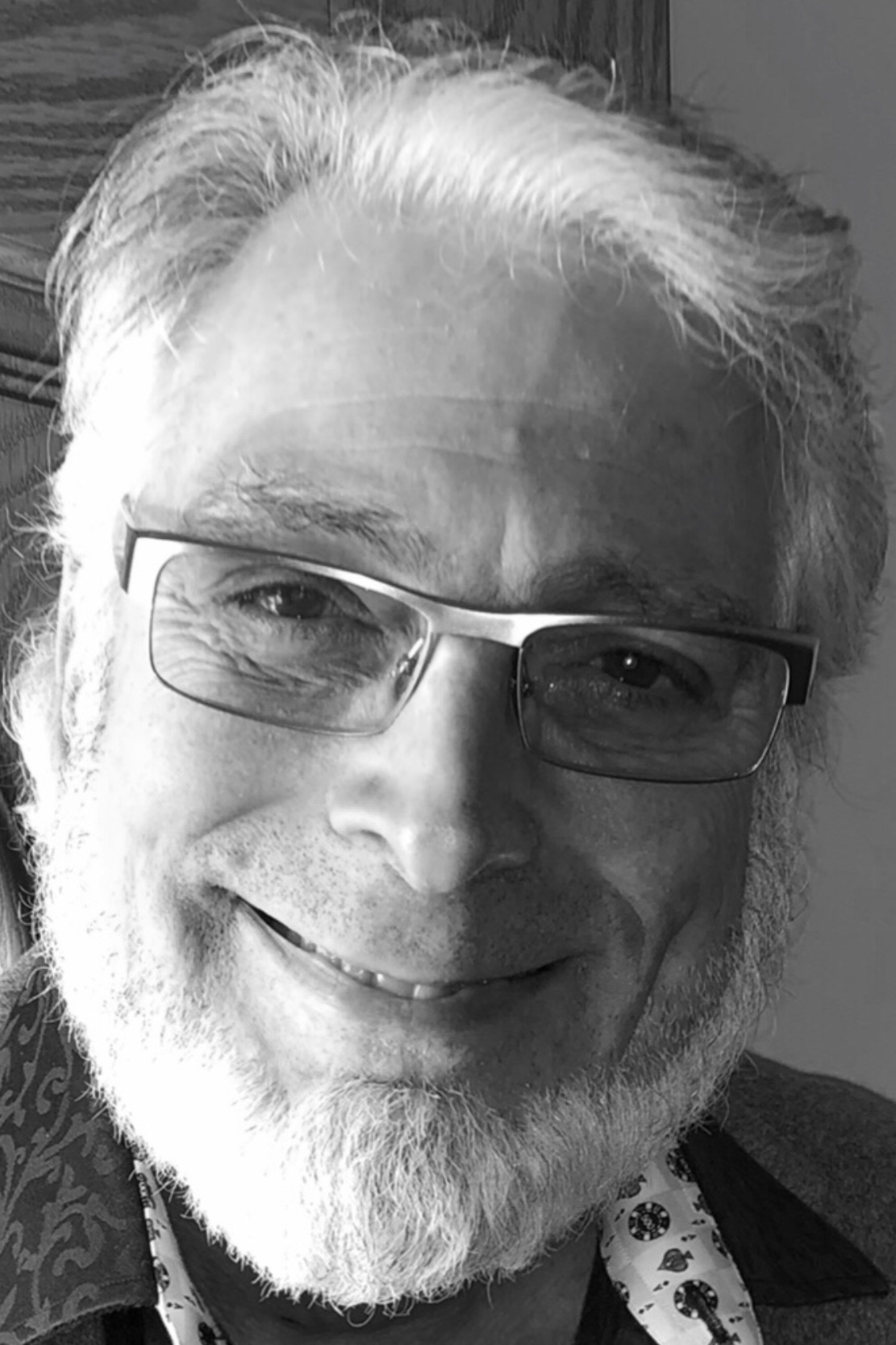We’re justifiably frightened to be battling an invisible virus; we’re even more disturbed by the second wave that’s been forecasted to hit this fall; and, we’re overwhelmed to see, quite literally, the bodies piling up. What makes matters even worse is the dizzying politician-expert-media interplay, the crazy-making divergence of opinions regarding a sensible reopening strategy, and the newest predictions that, due to the coronavirus, we’re on track to witness, by the end of this month, 200,000 new cases per day and 3,000 deaths per day, and by August, 134,000 total deaths in the U.S.
Magnitude of Tragedy. This global pandemic is not just a public tragedy. It has upended all of our lives. It has forced us into isolation. It has effected our social and work lives. It has devastated our economy and caused many of us to become unemployed. It has interfered with how our children learn. It has effected our personal grooming habits. It has interfered with our needs for social and romantic intimacy. It has effected how we celebrate holidays and how we bury our dead. It has changed our lives forever. Is it any wonder that our nerves are beyond frayed in these unprecedented times?
Our frontline heroes — first responders and essential workers who have put themselves in harm’s way, and, especially, our tireless healthcare professionals, who have witnessed more sickness and more death — face even greater challenges ahead. Certainly, they deserve our gratitude; but, more than that, they deserve our compassionate support.
Trauma Responses. In light of the enormity of current cases and deaths due to the coronavirus pandemic, feeling vulnerable, overwhelmed, anxious, angry, irritable, guilty, and sad are all within the normal range of human emotions.
Individuals may have a traumatic stress response to a particular event, but not develop PTSD. Individuals react differently. Depending on the perceived magnitude of tragedy and duration, amongst other factors, traumatic experience may be categorized on a continuum from traumatic stress, to chronic PTSD (3 months+), to delayed PTSD (6 months+), to complex PTSD (months-years).
Vitas Healthcare (vitas.com) sounds the alarm that “Certain severe reactions (to the coronavirus pandemic), however, may require immediate attention by a professional trained in post-traumatic stress response. (So, seek help if you, or others, experience) intense and continual re-experiencing of the event; extreme emotional numbing or denial of the event; terrifying nightmares or flashbacks; hypersensitivity; extreme irritability, anger, violence; disassociation; fragmented thoughts, preoccupation, unawareness of surroundings, amnesia; severe anxiety, panic attacks; severe depression; loss of hope, pleasure, or interest; feeling hopeless and worthless; suicidal thoughts; and, substance abuse.”
The effects of trauma are multi-dimensional. We experience trauma neurologically, biologically, psychologically, and socially. We experience physical, mental, emotional, and behavioral effects. Trauma is a soul wound, too. It triggers an existential crisis in our human experience, one that has effects on and is affected by our biology, culture, and politics. It challenges our preparedness and resilience; tests our faith; and, overwhelms us with feelings of shame and vulnerability.
Trauma Recovery. “Trauma is not an illness to be cured by a doctor … ultimately people must be able to take responsibility for their own recovery and for the meaning that they give to their experiences.” (What Doesn’t Kill Us, Stephen Joseph, Ph.D.)
While we’re all in this together, we don’t need to be alone in self-directing our self-care. We should take comfort in knowing that we don’t have to face this dystopian nightmare alone. If we need help educating, supporting, calming, or inspiring ourselves, help is available.
Dr. Joseph presents a six-step, self-help, THRIVE Model: “1) Taking stock (be aware of your feelings and concentrate on personal development practices (i.e., eat healthy; get enough sleep; keep active; play; exercise; etc.) to help you feel better each day); 2) Harvesting hope (set goals, have a sense of personal agency, and create a roadmap to accomplishing your goals); 3) Re-authoring (change the narrative inside your head to help you move from victim to victor); 4) Identifying change (keep a daily journal of your progress); 5) Valuing change (be self-nurturing and grateful); and, 6) Expressing change in action (put real changes into action and be mindful of your progress, no matter how seemingly small or insignificant).
One of the world’s leading trauma specialists, Mardi Horowitz, proposes that trauma recovery consists of five phases: 1) outcry or stunned confusion; 2) numbness and denial or avoidance; 3) intrusive re-experiencing; 4) working through; and, 5) completion. Importantly, Horowitz points out that people do not necessarily move through these steps in sequence. In my experience, my progress reminded me of the back and forth movements of accordion bellows.
Trauma recovery requires healing the whole person (biological, psychological, social, and spiritual). Getting support helps us to achieve and maintain a solid foundation in trauma recovery. Safety was my #1 priority. To put it quite bluntly, trauma scared the shit out of me. So, finding a safe space in which to heal and finding safe relationships were a priority for me. I was fortunate that I found both. Love, compassion, and support from family and friends, and guidance from professionals, were extremely important.
I learned that the effects of trauma resided in my body … and I needed to get it out. So, beyond talk therapy, I utilized mind-body treatments and practices, such as: acupuncture; acupressure; Emotional Freedom Technique, also known as EFT or energy tapping; core energetics and body movement; somatic experiencing; trauma sensitive yoga; EMDR; and, breathing meditations. Of course, getting plenty of rest and sleep, healthy eating, and regular exercise helps our body to help us heal.
If you’re looking for a groundbreaking read on mind-body health, I highly recommend Daniel G. Amen, MD’s The End of Mental Illness: How Neuroscience Is Transforming Psychiatry and Helping Prevent or Reverse Mood and Anxiety Disorders, ADHD, Addictions, PTSD, Psychosis, Personality Disorders, and More. Dr. Amen presents evidence-based, revolutionary diagnostic and treatment recommendations that give you the power to strengthen your brain and improve your mind. Most relevant to the subjects of this article are the following two chapters: Chapter 11 – “Prescriptions for Reducing Your Mind Storms Risk Factors” (i.e., stress; tiredness; alcohol and drug use; missing meals; triggering effects of certain foods; and, excessive screen time) and Chapter 12 – “Immunity: Your Body’s Natural Protection System” (“Immunity is your body’s natural protection system, and it carries out two primary functions — defense and tolerance. Your immune system defends against external invaders — think bacteria, viruses, and parasites….It also regulates your level of tolerance to potential environmental triggers….When your immune system performs these two functions optimally, it helps keep you healthy….when your body’s tolerance … becomes overwhelmed, it makes you more vulnerable to infections … as well as increasing your risk for depression, anxiety, and even psychosis.”).
Beyond mind-body work, based upon my experience, but not necessarily in this order, I recommend that survivors consider these healing paths and practices: discover authentic self; generously give self-love, self-compassion, and self-forgiveness; reawaken awe – find a way to celebrate the extraordinary nature of ordinary things; transform loneliness into connection; discover the power of gratitude and kindness; and, create, sing, dance, and laugh.
In my recovery from trauma, I needed to acquire new skills to overcome feelings of powerlessness, shame and guilt, and distrust; reawaken my connection to humans by cultivating reciprocal, respectful relationships; re-establish meaningful activities through work and volunteerism; discover the healing power of reconnecting to my self through nature, mindfulness, and meditation; and avoid repeating past mistakes or patterns that may not serve me. For support, I recommend coach-directed and/or expert companion-directed self-care and/or assistance from a therapist or mental health counselor. Remember, you don’t have to recover alone.
Personal Transformation. “Transformative change rarely happens without a catalyst and a crisis. A crucible. A time of profound trial at the end of which something new and much better emerges …. In a world where real change is hard to come by, the pandemic has, in effect, forced our hand: we have an opportunity to change because we have to, to emerge into a world that is not merely new, but better, fairer and more compassionate than the one we leave behind,” says Arianna Huffington.
So, while tragedy, by definition, is tragic, it miraculously provides us with a unique opportunity to turn trauma into transformation. In the wake of tragedy, we get to pursue and achieve life goals that will make our recovery worthwhile. The search for transformation requires us to inquire within in order to find our authentic self.
“Psychological growth arises whether or not we experience trauma. But what trauma offers is the potential to heighten the process of growth …. People are capable of finding pathways to reverse the destructiveness of trauma and turn it to their advantage,” Dr. Joseph says. Here’s the good news: Despite how foreign the idea is to trauma survivors, the new science of posttraumatic growth points to the probability that the outcome of their struggles through trauma and its destructiveness will, somehow, in time, create an opportunity for future growth and transformation. In Upside: The New Science of Post-Traumatic Growth, Jim Rendon reports that “a traumatic event, it turns out, is not simply a hardship to be overcome. Instead, it is transformative.”
As a result of having been broken by trauma, we are forced to put ourselves together again. And, in that re-assembling process lies the opportunity to re-evaluate what is important to us – our values, motives, and priorities.
While the notion of something positive coming from our deepest wounds is counterintuitive, even guilt-producing, to the trauma survivor, research is showing that, despite the psychological pain and struggles associated with trauma and the possibility of their life-lasting effects, there is another (and brighter) side too.
Trauma survivors who report using active coping strategies also frequently report their discovery that, in the midst of great psychological pain and suffering, there are great gifts to be discovered — new perspectives on life. Amongst these gifts are a deeper appreciation of life, based upon experiencing the precarious fragility of our very existence; a sense of knowing ourselves better; and, an appreciation of the human connection, perhaps because of our greater reliance on relationships in the wake of our traumatic experience.
The new science of post-traumatic growth (PTG) suggests that more than half of trauma survivors eventually realize “benefits” after their trauma. Importantly, these trauma survivors are not grateful for their trauma; instead, they are grateful that their wounds, somehow, opened a door to change — a door that permitted them to “grow” after their traumatic experience.
As I continued to heal and grow after surviving years of trauma, I came to rely, more and more, on my self. I learned to trust myself. I began to trust that everything I needed was already inside me. And, I took Madalyn Beck’s message to heart: “start over, my darling. Be brave enough to find the life you want and courageous enough to chase it. Then start over and love yourself the way you were always meant to.” Self-love, self-care, compassion, and kindness are what we all need, especially now and, always.
Concluding Remarks. For the time being, we have no control over the coronavirus. It is what it is and changing it is not within our control. But, we always have control over how we choose to react to whatever is beyond our control. That wisdom has helped me move forward from survivor to thriver!
Feature Photo Credit: Larm Rmah on Unsplash


